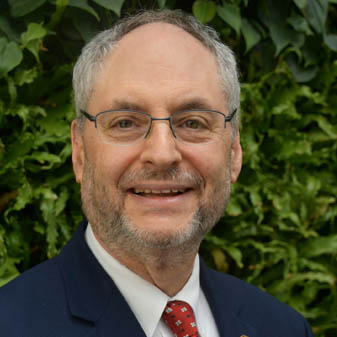
A New Low for UnitedHealth
Colleagues:
One of the benefits of joining the Medical Society is that an organized group of your colleagues can advocate on your behalf when you would otherwise be in danger of retaliation for raising your voice. In 2025, it is not an unreasonable concern that a public complaint about an insurance company will result in non-renewal of an in-network contract.
As a possible example of these retaliatory tactics, this week Becker’s Healthcare reported that UnitedHealth had reported a hedge fund manager, Bill Ackman, to the SEC.
As noted in the article, Mr. Ackman had suggested that the SEC conduct a “thorough investigation” of the company. “I would not be surprised to find that the company’s profitability is massively overstated due to its denial of medically necessary procedures and patient care,” Mr. Ackman wrote.
Why would Mr. Ackman believe that insurance denials of medical care result in overstated profits? In my personal opinion, I surmise that he thinks that those denials will boomerang on the company, they may be forced to pay those bills eventually, legal and administrative costs accumulate in the interim, and this will be a future drag on earnings.
In this context, I applaud Mr. Ackman as a shareholder for raising awareness of UHC payment denial policies, and for calling for a government investigation. I would have been happier with an investigation by HHS, but the SEC is not a bad start to get the camel’s nose under the tent.
Also, let us not overlook the impact of the threat of retaliation. Shareholders of a company are the ultimate bosses of that company, whose Board of Directors is subject to a shareholder vote for office. Retaliation against a shareholder is like retaliation against a boss. In my view, that is as morally repugnant as retaliation against a physician’s office.
On another note, thank you all for your response to last week’s Pulse message regarding the DOJ’s interest in UHC and Optum. DOJ’s interest is from an antitrust perspective. However, anti-competitive actions that hurt physicians are facts that relate to excessive market share and monopolistic activities that arise as a consequence of antitrust concerns. I am amazed at the quantity and breadth of your responses, and I am gratified to see the impact of my Pulse messages.
I do have one more request. Please support our MSSNYPAC by clicking here and donating today.
All the best,
Jerome C. Cohen, MD
MSSNY President



